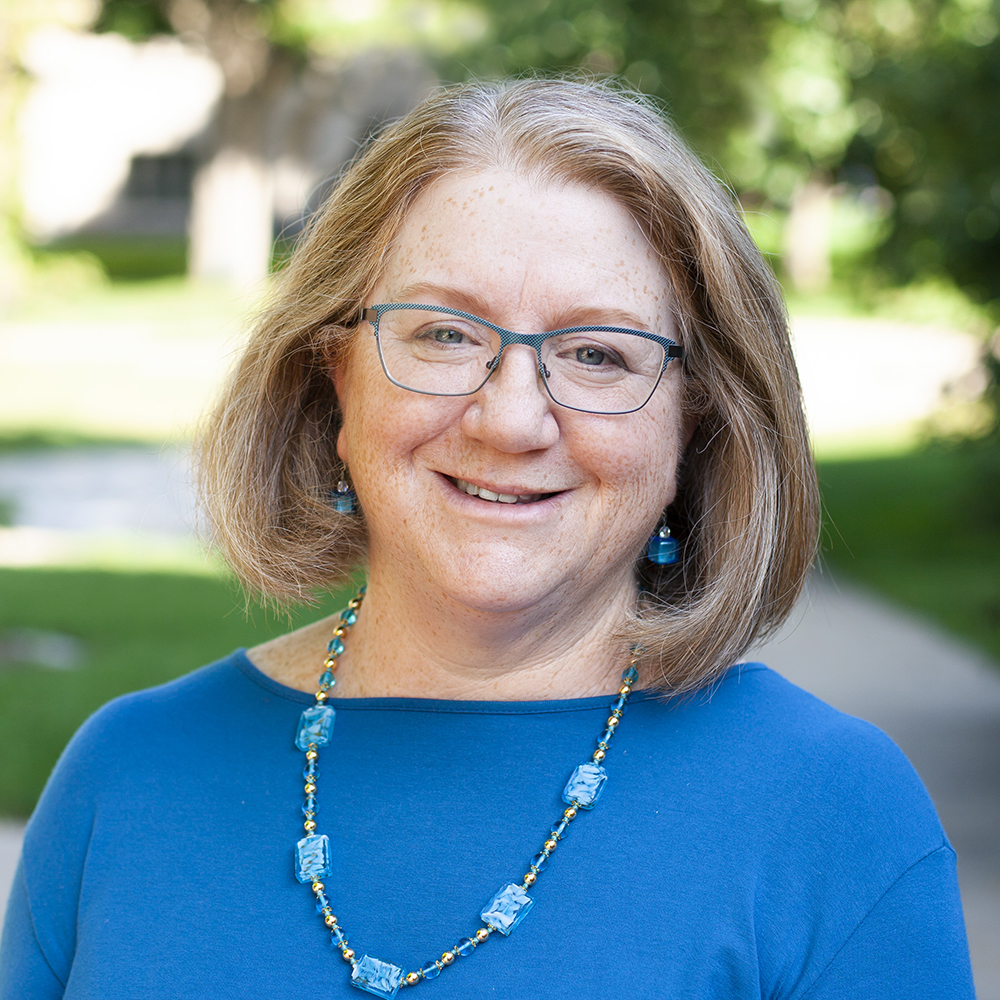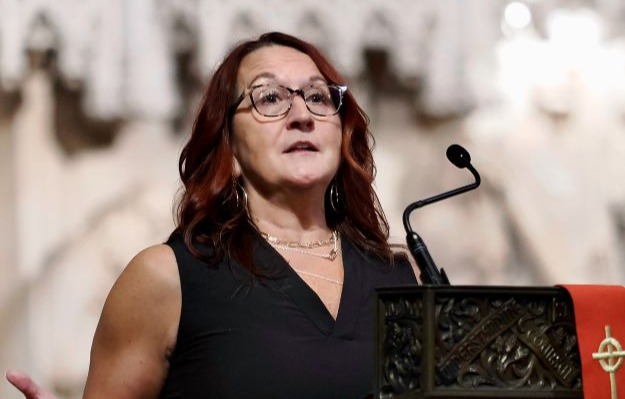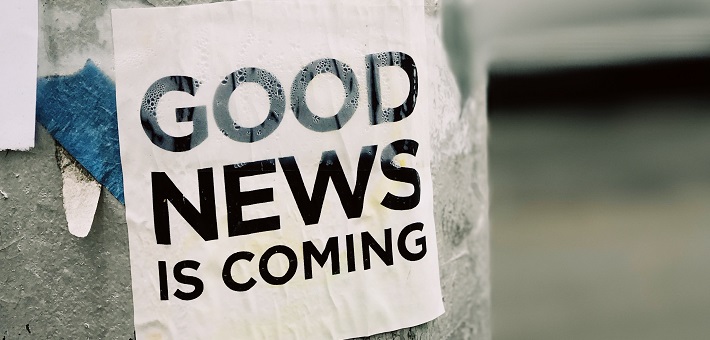Commentary on Psalm 104:24-34, 35b
While we could read these verses at the end of Psalm 104 in isolation, we will appreciate them more fully if we see them as part of something bigger. In fact, Psalms 103 and 104 form a kind of “matched pair.” Both psalms begin and end with the psalmist’s self-directed command to “Bless the LORD, O my soul!” It’s a call to praise that reaches out across the centuries to include all of us.
While Psalm 103 focuses on God’s role as savior and redeemer, Psalm 104 is dedicated to praising God as creator and sustainer. Together, these psalms call us to give credit where credit is due. They also remind us of how we, as humans, fit into the bigger picture. Too often, we imagine ourselves as somehow set apart from what we call “nature.” Psalm 104, however, puts us squarely in our place as part of a larger project called “creation.” It is both a reality check and an honor, but it is also a responsibility. As commentator James L. Mays puts it:
We imagine ourselves autonomous, distinct from the world and different from its creatures, disposing of it and them, not accountable to any transcendent person. We are learning slowly that we damage ourselves, live in alienation from that to which we belong, and threaten the future of life.1
When we read this psalm in the context of Pentecost, it reminds us of our responsibility to walk with—rather than against—the wind of God’s Spirit. We find our proper place in the world when we recognize that we are part of God’s creation and uniquely responsible for its continued health.
Eating out of God’s hand
Verse 24 proclaims, “O LORD, how manifold are your works! In wisdom you have made them all; the earth is full of your creatures.”
There is a sense in which this verse could serve as a conclusion to all that’s gone before—namely, a litany of all the things that God, in wisdom, has created. When we read it this way, then verses 25–26 sound like a bit of an afterthought—as if the psalmist realized, “Oops! I forgot to mention the sea creatures!”
When the lectionary reading begins with verse 24, however, that verse serves as an introduction to what follows. In this case, the sea and its creatures—both small and great—are the first and best example of God’s power. Since the sea was typically understood as full of mystery and threat, this is an important reminder of the fact that “even the winds and the waves obey” their Creator. Even Leviathan—that terrifying sea monster of ancient myth—eats out of God’s hand. In fact, the psalmist says that God created Leviathan to “sport” or “do tricks” in it (see Job 41:1–5). The image leaves little doubt as to who is in charge here!
In any case, verses 27–28 affirm that all living creatures eat out of God’s hand. It is no surprise that these verses are often used as a table grace.
Wind, breath, and spirit
Scholars have often pointed out the ways this psalm echoes the creation stories in Genesis 1 and 2. In Genesis 1:2, for instance, God’s ruach sweeps over the face of the deep and creation begins. That Hebrew word can be translated as “wind,” “breath,” or “spirit.” In Genesis 2:7, it is God’s very breath that animates the newly formed Adam so that he becomes “a living being.”
Psalm 104:27 also acknowledges that when God takes away the creatures’ breath, “they die and return to their dust.” It’s a sobering reminder that all creatures depend on God for their continued existence. Indeed, this psalm makes it clear that God is both creator and sustainer. In other words, God does not create and then sit back to see how it all turns out. Rather, God is active in the renewal of all creation (verse 30).
Perhaps this was the passage G. K. Chesterton had in mind when he suggested that perhaps the sun rises every morning because God says, “Do it again!”
The rush of a mighty wind
Once we are alert to the ways the word for wind/spirit/breath is used in the Old Testament, it is impossible to read the story of Pentecost in Acts 2 without thinking of the creative, sustaining power of God’s breath. Is it any wonder that the birthday of the church should begin this way? And if so begun, we can also pray that that same wind/spirit/breath will sustain it throughout the centuries.
We may wonder in these difficult days, whether God’s Spirit will indeed continue to sustain what it brought into being on that first Pentecost day. But perhaps the following passage from Wendell Berry’s novel, Jayber Crow, can speak some hope into our fears.
As the character, Jayber, surveys the scene of a flood and sees that the whole world seems “cast adrift,” he laments that “the old life [is] submerged and gone, the new not yet come.” But then he says:
I knew that the Spirit that had gone forth to shape the world and make it live was still alive in it. I just had no doubt. I could see that I lived in the created world, and it was still being created. I would be part of it forever. There was no escape. The Spirit that made it was in it, shaping and reshaping it, sometimes lying at rest, sometimes standing up and shaking itself, like a muddy horse, and letting the pieces fly.2
To that, we can only say with the psalmist, “Bless the LORD, O my soul. Praise the LORD!” (Psalm 104:35b).
Notes
- James L. Mays, Psalms (Westminster John Knox,1994), 336.
- Wendell Berry, Jayber Crow (Counterpoint, 2000), 83.




June 8, 2025